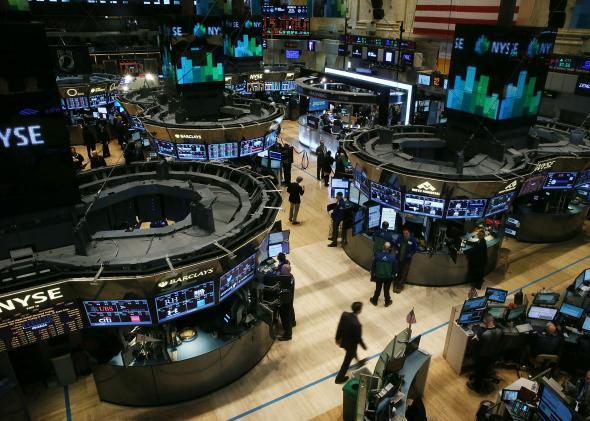News reports following a big company’s earnings release almost always make reference to how the stock is performing in after-hours trading. But they never quite say what after-hours trading is, or how it relates to regular trading.
The answer is pretty literal. Stocks normally trade on a stock exchange. But the stock exchange has limited hours. American stock exchanges generally close at 4 p.m. Then earnings information comes out in the following hour. So if you wanted to make trades based on the earnings report, you have to make “after-hours” trades.
How does that work? Well trading off the exchange used to be a very exotic enterprise that a regular person simply didn’t have access to. But during the 1990s electronic communications networks arose that made it easier to match would-be buyers of shares to would-be sellers without the use of a stock exchange. Consequently, everyday middle-class investors can now gain access to these systems through most of the brokerage routes you would use to do any other kind of change. There are still a lot of limitations and possible problems with after-hours trading that the SEC is happy to warn you about, but the fact of the matter is that anytime you start trying to pick and choose individual stocks to trade, you’re setting yourself up for problems. Really you shouldn’t trade individual stocks after hours for the same reason you shouldn’t trade individual stocks any other time.
At any rate, if a stock’s price moves a lot after hours then a price gap can open up between what shares are selling for right now and the officially quoted price on the stock exchange. Then as soon as the markets reopen, the gap will go away basically instantly.
